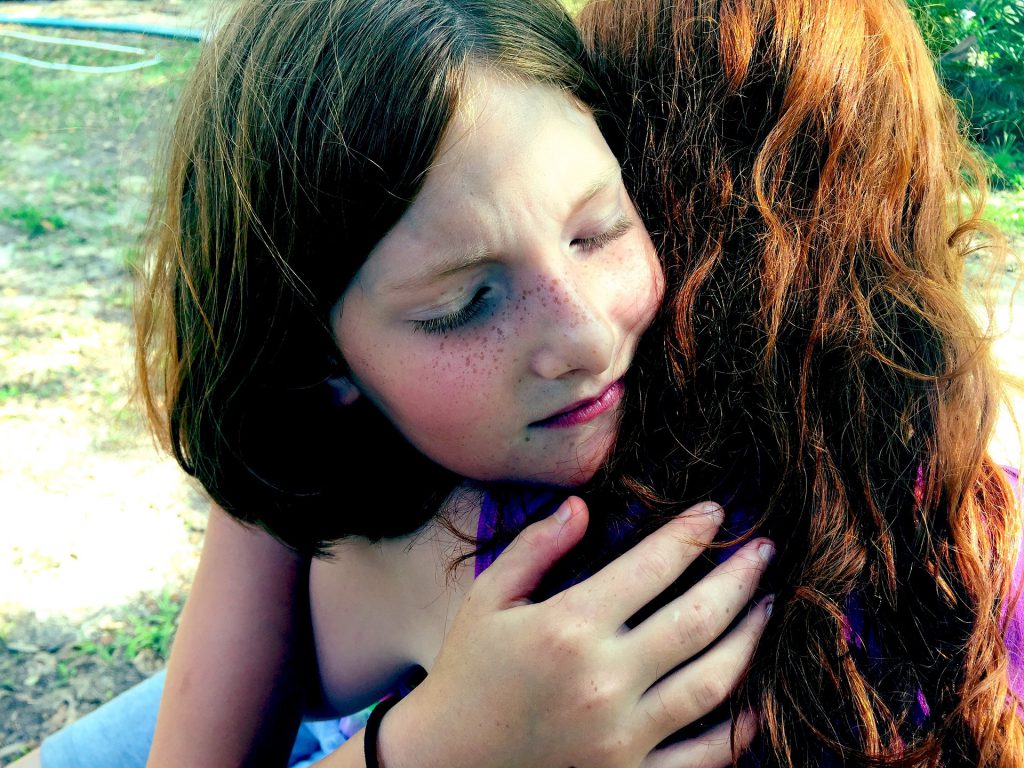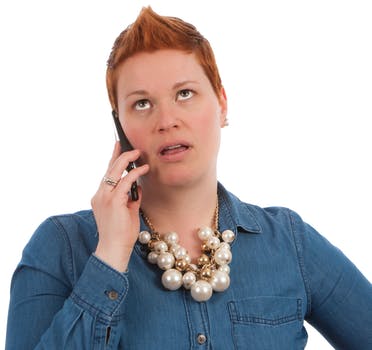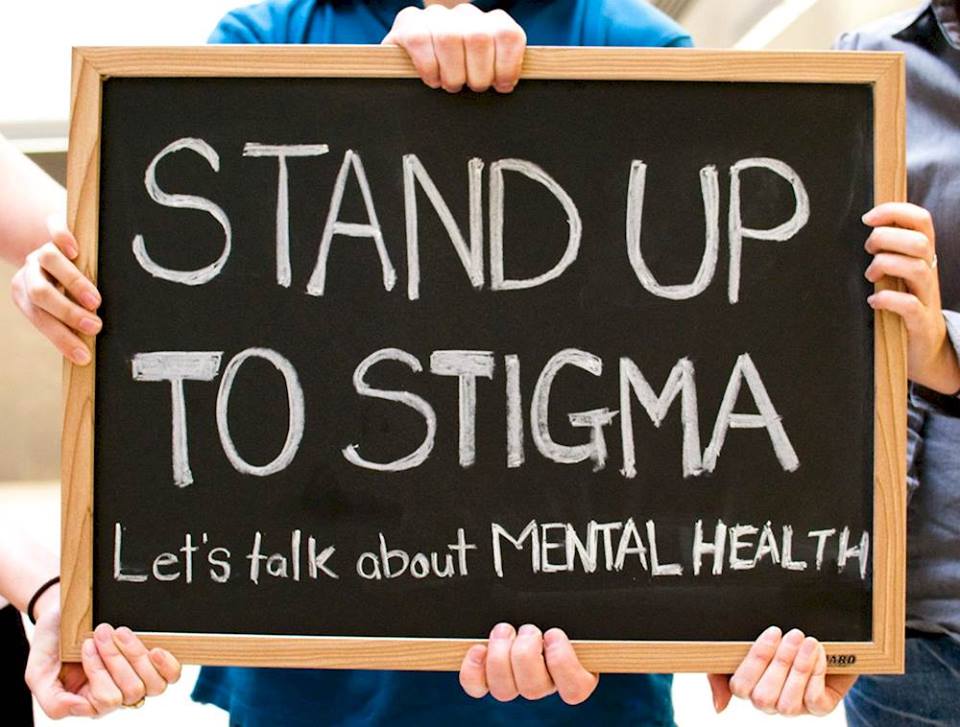The Internet and Social Media: Friend or Foe?
By: Jamie Meyer
I did it again. Checked my email and Facebook notifications before my morning coffee has even finished brewing. Before I know it I’m on my Facebook feed to see who has posted since I last checked. Next thing I know, two hours have passed and I haven’t moved from my comfy chair. As a person who lives with mental health challenges I have to ask myself: Is this a good thing or bad? The answer I’ve arrived at after much contemplation is this: It all depends on what I use social media and the Internet for, how often, and if I’m able to control my use of it.
No doubt, there are good things to be found on the Internet such as reputable websites to learn about specific diagnoses and options for treatment. Websites I’ve found helpful include Mental Health America, the National Institute of Mental Health and Psych Central. Diagnosis-specific websites are also available such as DBSA for depression and bipolar, and the ADAA for anxiety and depression.
You can also find topic-specific forums or message boards online where people can have conversations via posted messages. These are useful for mutual support, especially if you’re isolated at home or it’s 3am. Many people benefit from online support groups. An online search of “mental health online support groups” will give you several options to check out. Fresh Hope offers both online support groups and mental health forums.
Social media such as Facebook, Instagram, Twitter and Snapchat can be both helpful and hurtful. While I enjoy keeping up with the lives of family and friends and seeing their pictures, it eats up a big chunk of my day. For many people, being on social media can cause feelings of inadequacy, shame and envy. It helps to keep in mind that we tend to compare our insides to other people’s outsides. What some people project on social media is really a mask to make others think their life is full of fun and adventure, when in reality their life lacks meaning or enjoyment.
To make social media and the Internet safe, healthy and helpful for those of us with mental health issues, I’ve come up with a few suggestions:
- Set a daily allowance for the amount of time you spend online. Use an alarm if necessary.
- When doing an Internet search, stick to well-known medical or mental health organizations (such as WebMD or NAMI). A safe website will have an https:// before the address. Avoid websites hosted by individuals who are simply looking for an audience for their opinions.
- It’s ok to not “Like” or comment on everyone’s Facebook post or send birthday wishes to every “friend.” Sending a text, email or card is more personal and meaningful to the receiver.
- When you post, don’t obsess over the number of “Likes” you receive. It sets you up for feeling inadequate.
- Avoid going online when you’re experiencing a severe episode. You’re less likely to think clearly and may end up more depressed or risk the chance of sharing something you’ll regret later.
- Check in with yourself. Am I online to numb out or escape real life? Am I using it to avoid responsibilities or get adequate sleep?
If you’re unsure if the Internet and social media has become an obsession, why not try going cold turkey for 24 hours? It’s not easy, I know, but it helped me see how much time my computer use cut into each day. And the bonus? It feels pretty darn good to be free.
Fresh Hope es una organización sin fines de lucro basada en la fe que permite a las personas vivir bien a pesar de su desafío de salud mental.
TU regalo proporcionará a una persona Nueva Esperanza de Dios para la vida diaria. Haz clic aquí para donar, hoy.





